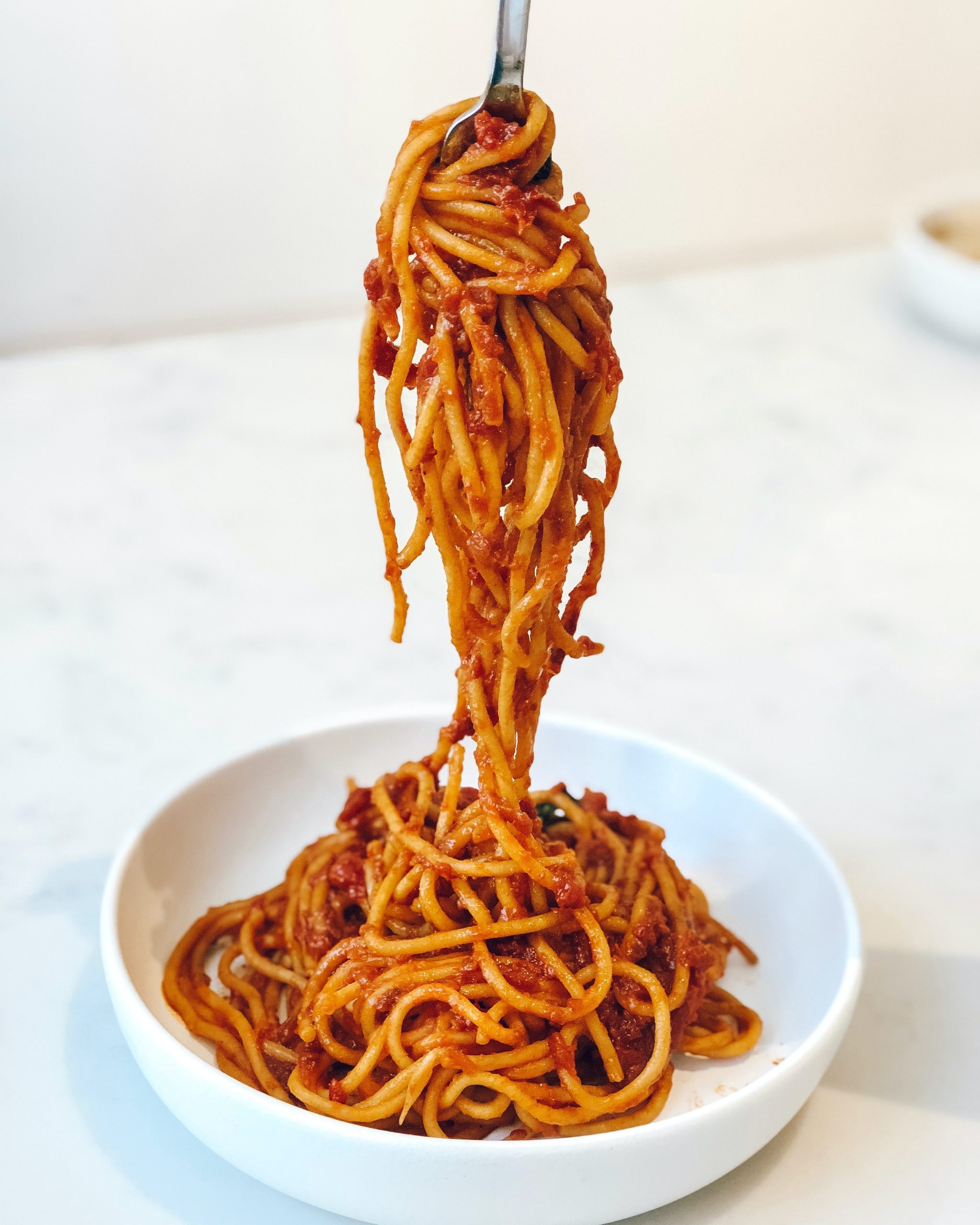Are carbs your sworn enemy when it comes to weight loss? Do you feel guilty about indulging in a slice of bread or a bowl of pasta? Well, we’ve got some good news for you! Contrary to popular belief, not all carbs are bad for you. In fact, cutting them out completely might do more harm than good. So sit back and relax as we debunk the myths surrounding this controversial macronutrient and reveal the truth about why you don’t need to cut carbs out of your diet completely.
What are carbs?
Carbs, short for carbohydrates, are one of the three macronutrients that make up our diet, along with protein and fat. They provide energy to our body and are essential for proper brain function.
In simple terms, carbs are made up of sugar molecules that come in different forms such as starches, fibers and sugars. When we consume carbohydrates, they get broken down into glucose which is then used by our cells as fuel.
Carbs can be found in a wide variety of foods including fruits, vegetables, grains, legumes and dairy products. However not all carbs are created equal – some provide more nutrition than others.
It’s important to note that while we need carbohydrates in our diet to function properly, consuming too many refined or processed carbs like white breads or sugary drinks can have negative effects on health over time.
Why do people think carbs are bad?
Carbs have been demonized in popular culture for years. Many people believe that carbs are bad and should be avoided at all costs, but why is this the case? There are a few reasons why people think carbs are bad.
Firstly, many diets promote cutting out entire food groups, including carbohydrates. These diets often gain popularity because they promise quick weight loss results. However, cutting out an entire food group can lead to nutrient deficiencies and may not be sustainable long-term.
Secondly, processed carb-heavy foods such as sugary drinks and white bread have been linked to health issues like obesity and diabetes. This has contributed to the belief that all carbs are bad for you.
Some individuals may have had personal negative experiences with consuming too many carbs or having difficulty managing their blood sugar levels.
It’s important to remember that not all carbohydrates are created equal and that a balanced diet includes healthy sources of complex carbohydrates such as fruits, vegetables, whole grains, beans and legumes.
The different types of carbs
Carbohydrates, commonly known as carbs, are one of the three macronutrients that our bodies need to function properly. There are two main types of carbs: simple and complex.
Simple carbohydrates are made up of one or two sugar molecules and are quickly broken down by the body for energy. Examples include table sugar, honey, and fruit juice. While they provide a quick boost of energy, they also cause a spike in blood sugar levels which can lead to crashes later on.
Complex carbohydrates contain longer chains of sugars that take longer for the body to break down. These include whole grains like brown rice and quinoa, as well as starchy vegetables like sweet potatoes and corn. They provide sustained energy throughout the day without causing spikes in blood sugar.
It’s important to note that not all carbs are created equal. Refined carbohydrates found in processed foods like white bread and sugary snacks have been stripped of their nutrients and can contribute to weight gain if consumed in excess.
Choosing high-quality sources of carbohydrates such as fruits, vegetables, legumes, whole grains is essential for optimal health!
Carbs and weight loss
Carbs have been demonized as the culprit behind weight gain and obesity, leading many people to believe that cutting them out entirely is the key to losing weight. However, this couldn’t be further from the truth.
While it’s true that consuming too many refined carbs – such as white bread and sugary snacks – can contribute to weight gain, not all carbs are created equal. In fact, complex carbohydrates found in whole grains, fruits, vegetables and legumes provide essential nutrients like fiber and vitamins that our bodies need to function properly.
Furthermore, cutting out carbs completely is not sustainable or healthy in the long term. Carbs are a primary source of energy for our bodies and removing them from our diets can lead to nutrient deficiencies and low energy levels.
Instead of focusing on eliminating carbs altogether for weight loss purposes, it’s important to pay attention to portion sizes and choose healthier sources of carbohydrates. Opting for whole grain breads instead of white bread or swapping processed snacks with fresh fruit can make a big difference in overall health without sacrificing taste or satisfaction.
While reducing carb intake may help with initial weight loss efforts due to reduction in calories consumed; ultimately consumption should focus on choosing high-quality carbohydrate sources rather than avoiding them altogether.
Conclusion
Carbs are not the enemy. Cutting them out completely may seem like a quick fix for weight loss, but it is not sustainable or healthy in the long run. Carbs provide essential nutrients and energy for our bodies to function properly.
The key is to choose complex carbohydrates over simple ones and practice moderation in your daily intake. Incorporating whole grains, fruits, vegetables, and legumes into your diet can have numerous health benefits.
Remember that a balanced diet and regular exercise are crucial for maintaining a healthy lifestyle. A registered dietitian or nutritionist can also help you create an individualized plan that works best for your body and goals.
So next time you reach for that slice of bread or bowl of pasta, don’t fear the carbs! Embrace their goodness and enjoy them as part of a well-rounded diet.




